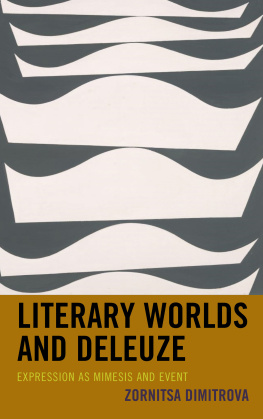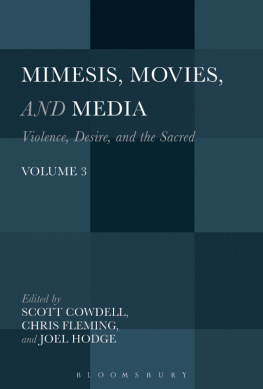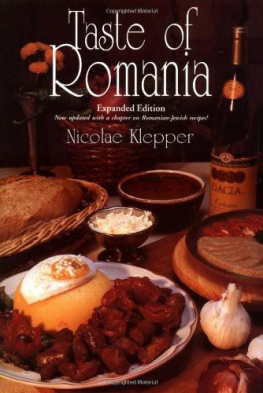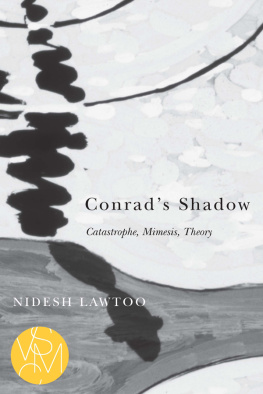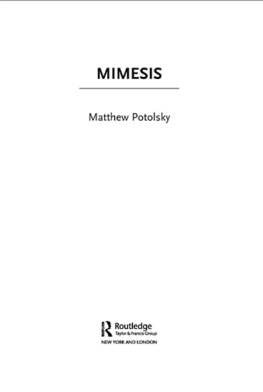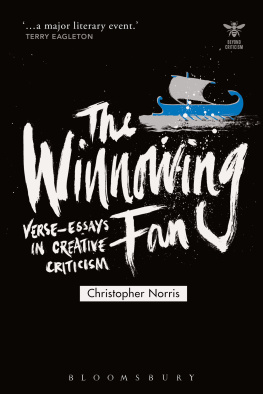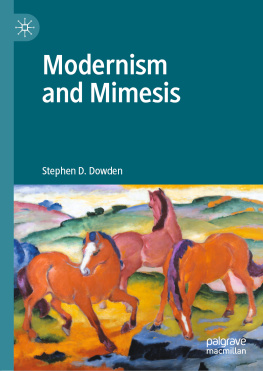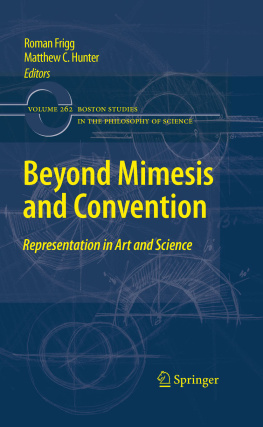Mallarm Flaubert, and Eminescu
Nicolae Babuts
Transaction Publishers
New Brunswick (U.S.A.) and London (U.K.)
Copyright 2011 by Transaction Publishers, New Brunswick, New Jersey.
All rights reserved under International and Pan-American Copyright Conventions. No part of this book may be reproduced or transmitted in any form or by any means, electronic or mechanical, including photocopy, recording, or any information storage and retrieval system, without prior permission in writing from the publisher. All inquiries should be addressed to Transaction Publishers, RutgersThe State University of New Jersey, 35 Berrue Circle, Piscataway, New Jersey 08854-8042.
www.transactionpub.com
This book is printed on acid-free paper that meets the American National Standard for Permanence of Paper for Printed Library Materials.
Library of Congress Catalog Number: 2011010277
ISBN: 978-1-4128-1867-4
Printed in the United States of America
Library of Congress Cataloging-in-Publication Data
Babuts, Nicolae.
Mimesis in a cognitive perspective : Mallarm, Flaubert, and Eminescu / Nicolae Babuts.
p. cm.
Includes bibliographical references and index.
ISBN 978-1-4128-1867-4 (acid-free paper) 1. French poetry19th centuryHistory and criticism. 2. Mimesis in literature. 3. Mallarm, Stphane, 1842-1898Criticism and interpretation. 4. Flaubert, Gustave, 1821-1880Criticism and interpretation. 5. Eminescu, Mihai, 1850-1889Criticism and interpretation. 6. Memory in literature. 7. Romanian poetry19th centuryHistory and criticism. I. Title.
PQ473.M56B33 2011
840.9008dc22
2011010277
Tell me now, you Muses who have your homes on Olympos.
For you who are goddesses, are there, and you know all things,
and we have heard only the rumour of it and know nothing.
The Iliad 2.484-86, trans. Richard Lattimore
Et ma prrogative sur les mers est de rver pour vous ce rve du r el
And my prerogative on the seas is to dream for you this dream of the real
St.-John Perse, Amers Seamarks,
trans. Wallace Fowlie in Collected Poems, 396-97
Contents
Introduction
The Aristotelian concept of mimesis has received renewed attention in the last two or three decades and produced wide-ranging interpretations, from those that accept its referential implications to those that reject them altogether. In this study I look at the concept of mimesis in a cognitive perspective in order to identify the two main strands: the relation of art and poetry to the world, defined in terms of reference, and the importance of making of plots or of storytelling. To define the first component, I introduce the concept of a double referent: a material identity we cannot know and a symbolic or coded identity that is processed by memory. As to the second component, my claim is that narrative subsumes both history and fiction in its capacity to tell a story and reinforce reference. As a general methodological procedure, I seek to renegotiate the terms or definitions of mimesis now in vogue. Contemporary studies of memory only strengthen the cognitive view that both in reading and writing, there is only one site where meaning is created, interpreted, and understood, and that is in the individual memory. I have argued for some time now in favor of placing memory at the center of reading and writing. I will do so again.
Background
The concerted effort of the postmodernist and deconstructionist enterprise aims to deny, abjure, and delete the coherence of the Western foundational episteme. While pointing out in what respect deconstruction (Derrida) and postmodernism (Lyotard, Baudrillard, Jameson) differ, Alexander Argyros explains that both make common cause in the affirmation that Being is without an ultimate foundation (Blessed,13). The desire to destabilize Western foundational beliefs is coupled, in a strange alliance, with the doubt that reality has an independent ontological status (reality is constructed), and with forswearing the concept of truth (truth is produced by systems of power [Foucault]). Imbued with the ideas of ideologues and philosophers, such as Marx, Freud, and Heidegger, poststructuralist theories have acquired the prestige of the mainstream but are in fact, by their political orientation, extremes. What is notable is that these theories have not made their way exclusively on the levels of philosophy, psychology, history, or social sciences, but have invaded the area of literary criticism and theory. By contrast, poetry, or literature in general, has not registered many of theorys incursions.
In his Introduction to a PMLA issue on the special topic entitled On Poetry Bruce Smith, its coordinator, writes, Although many psychoanalytic and poststructuralist theories are grounded in poetic discourse, critics who invoke these paradigms have seemed reluctant to take poems as objects of analysis (9).
As Smith and others point out, many modern language departments suffer their own divisions between those who do theory and those who dont (10). Smith suggests that perhaps the impasse is only an illusion (10). Is this opposition as evidenced by the great divide that separates those who labor in the precincts of creative writing and those who swear allegiance to the department of textual studies or theory real or illusory? In Poetry and Theory: A Round Table (the PMLA issue On Poetry) Aldon Lynn Nielsen finds nothing inherent in poetry, nothing inherent in theory, that would cause this binary [that is the opposition between the two] (Poetry, 105).
I would like to argue not only that it is real but also that it is an unavoidable consequence of a determinism that involves the sources of reading and writing. Those who read Freud, Lacan, Derrida, Marx, Jameson, Benjamin, and their followers have invested a great deal of their time, energy, and need for academic advancement in these authors to be able to negotiate an intellectual divestment. Those who read and write poems on the other hand have words, sounds, and rhythms and above all dynamic patterns circulating freely in their memory. The patterns determine what poems they read and how they interpret them. Theorists and poets and readers of poems have different memories, different loyalties, and different commitments. In a cognitive perspective, the power of their engagements becomes ineluctable. The whole structure of our mnemonic potentials, the structure of those dynamic patterns in memory that even in a fragmented state are directed by both the voluntary and the involuntary functions of memory to express our thoughts, is so modulated and shaped, and informed by our readings that it would require an extraordinary effort to counteract their influence.
Michael Holquist reminds us, The task of our profession is inseparable from the work of memory. Not memory of any specific event but remembrance of the fact that we are, in that most fated of clichs, always already in language (Presidential, 569). I would go even farther and claim that we cannot help remembering because our language is always with us. And perhaps Holquist adumbrates the same belief when he writes, The history of our profession is a narrative of how generations of scholars have labored over millennia to keep burning the flame of memory (570). Literally then, a critical orientation toward poetry/fiction or toward theory is not so much a matter of rational choice but the result of mnemonic forces whose tributaries are dynamic patterns, words, images, ideas, syntax, premonitions, and intuitions emerging from what we read. Even those who practice literary criticism, whether they realize it or not, have acquired allegiances to certain theories and conceptions, or to certain critics in fashion and after having invested a great deal in them are either unwilling or unable to divest themselves of their stocks. In pointing out that cognitive literary studies document the existence of a variegated set of approaches, methods, concepts, and theories, Monika Fludernik suggests caution: It may take breakthroughs in the interdisciplinary field of cognitive studies to achieve a modicum of consensus and develop a theory and paradigm that are suited to literary implementation (Narratology, 927). And I would add, a consensus might not be reached without a price, or solidarity without a power play. Since a consensus reached by power brokers is no consensus at all, I would prefer diversity and freedom.


